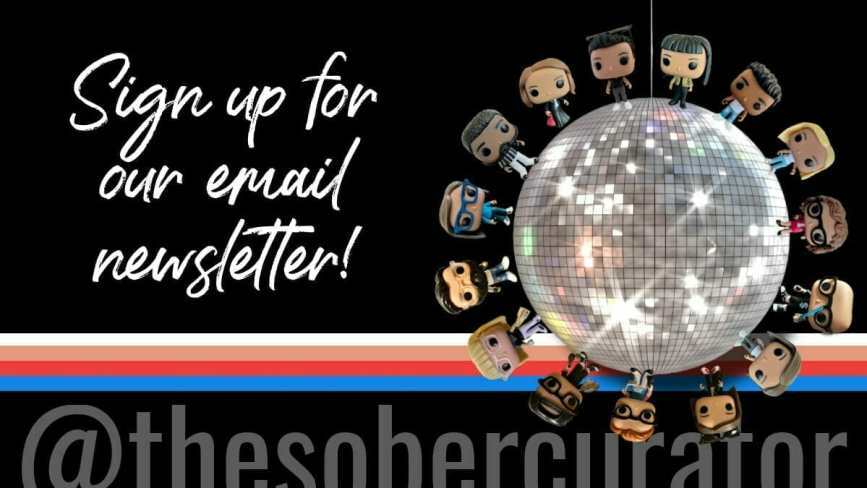- The Sober Sip powered by The Sober Curator
- Posts
- Are You Hooked on Codependent Behavior?
Are You Hooked on Codependent Behavior?

When you are hooked into codependent behavior, it’s easy for co-crazy thinking to go off the rails. Perhaps you begin to make up stories in your head about why people behave in a particular way (you believe it’s personal). Or maybe you think you can read people’s minds; you start obsessing about ways to control or manage another person and consequently your feelings of anxiety intensify.
The classic example of this reactive thinking is when we want to stop someone else’s addictive behavior. But this distorted thinking happens in many types of relationships, not just ones where there is addiction. You may be a parent who is trying to manage your children’s feelings or a spouse who can’t control their partner’s anger or a girlfriend who is crippled by jealousy – leading to becoming a controlling partner.
Instead of staying focused on what WE need to do, the focus is on how I can control what someone else is doing. This never works. All this does is negatively impact the relationship and causes suffering and pain. Simply said: If you think you can read someone’s mind, you can’t. If you think your thoughts are telling you the truth -forget it. If you are lost in obsessive thinking, you are already gone.
TIPS to break Codependent Behaviors:
STOP.
Stop and breathe.
Stop and pause.
Maybe Pray.
Don’t continue to try to figure it out with your thinking. The answer is not in your head. The solution is to notice what is happening inside your body. Begin to bring that over-activated energy back to you.
Check in with yourself.
What is happening? What is the anxiety or fear that is leading to the need for obsessive thinking? What is the feeling underneath the perseverative thoughts? What are you afraid of? What truth is sitting right inside the relationship that is hard to acknowledge?
What are the real facts of the situation? When we are making up stories in our heads or trying to control another person, it is because we can’t tolerate what is happening inside our own bodies, minds, and hearts. Human beings don’t like to feel out of control. Instead of keeping the focus on what I need to do for myself, the fear launches us into obsessive thinking about what someone else should do. We hate to acknowledge our powerlessness over others. It’s much harder for us to identify, feel and express what is going on for us, than to blame, focus on or criticize another. That is the easy way out.
When I can stop, pause, and check in with how I am feeling, my obsessive thinking can subside. Thinking is a way to override what we are feeling, which is usually about the past.
Co-Crazy Tips from Dr. Sarah Michaud:
Stay focused on yourself
Identify what is happening for you
If you are hooked into trying to fix, save, change or control another person-stop and pause and remember, this recovery is about you, not them.
Breathe
Ask yourself the following question: What old wound got activated that feels familiar to this present situation- that’s where the truth will be.

Reading is to the mind what exercise is to the body.
#QUITLIT is our curated list of addiction and recovery book reviews. All Sober Curators should be well-read, from addiction and recovery memoirs to fiction and self-help. You can also find us on Goodreads here.
What’s on your nightstand? We want to hear about what you’re reading and the addiction and recovery books you can’t live without. Please email us at [email protected]
In the mood to #ADDTOCART? Check out our curated list of #QUITLIT books in our Amazon Shop.
Check out our newest section – ADDICTION FICTION WITH WILL THATCHER

If you or someone you know is experiencing difficulties surrounding alcoholism, addiction, or mental illness, please reach out and ask for help. People everywhere can and want to help; you just have to know where to look. And continue to look until you find what works for you. Click here for a list of regional and national resources.

The post Are You Hooked on Codependent Behavior? appeared first on The Sober Curator.
Reply